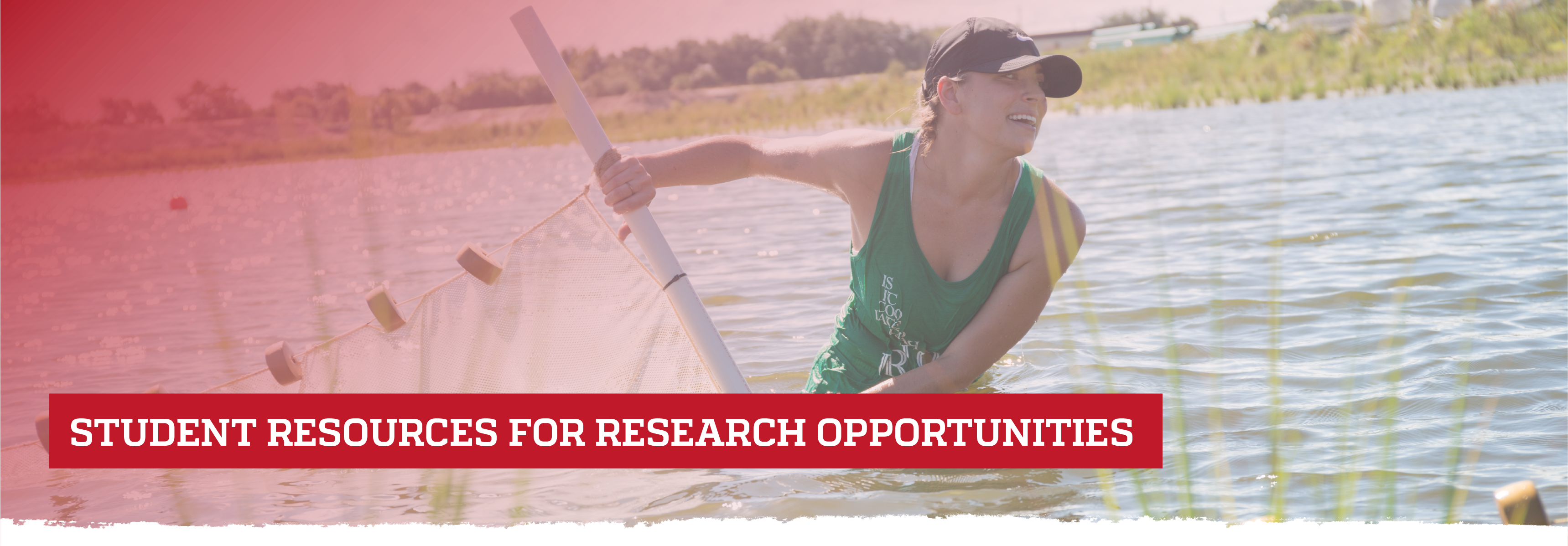Paid Undergraduate Internship Program FAQs
1. When are applications due?
Applications for the 2025 cycle are due to the portal by February 23rd, 2025.
2. Do interns have to be in the College of Agricultural and Life Sciences?
Yes, all applicants must be majoring or minoring in a CALS discipline.
3. How much will each intern earn and how many hours will be worked?
The research internship allows for flexibility in the work schedule, which can be determined with the faculty mentor. An internship consists of 240 hours paid at $14 per hour. Interns cannot work more than 40 hours per week, resulting in a six-week internship if interning full time.
Funding will be available beginning July 1st. The 240 hours can be distributed over the course of the Summer (after July 1st), Fall, and/or Spring semesters in a part time internship, but all hours must be worked before the end of the Spring semester.
4. Will interns receive academic credit for this internship?
This internship does not provide academic credit automatically. Credit for this internship is a matter to be determined by the student and their professor.
5. What are intern responsibilities?
Interns will have the opportunity to see and contribute to the work that Experiment Station faculty perform. Interns will be asked to work toward achieving one or more objectives of an active Experiment Station project under the supervision of a faculty member.
6. How does the matching process work?
When a student submits an application, an automated email is sent to the faculty members (up to 3) identified by the student as potential mentors. This email informs the faculty of the student’s interest, provides the student’s CV/resume and cover letter, and describes what the faculty needs to do to initiate the matching process. Note again that the faculty must initiate the matching process after an application is submitted. Therefore, we strongly recommend that students communicate directly with those faculty to increase chances of a match.
Once a potential mentor replies to the email and expresses interest in working with the student applicant, our office will review the application and the potential match and then ask both student and faculty to confirm their willingness to work together. If the student does not select any faculty, or none of the selected faculty expresses interest, our office will try to identify other possible matches and submit them to both faculty and student for approval. Research interns will be matched with a project only after both the student and faculty agree to the match.
7. Are there funds to help with living arrangements?
There are no funds set aside to help with living expenses. Each project located off campus should specify whether or not there is housing available at their location. This will be confirmed prior to any final matches being made.
8. What are the qualifications for the internship position?
Preference is given to students who maintain at least a 3.0 GPA (UF Cumulative), have never had a position in research, and have a strong or potential interest in research.
9. Can internships be completed after graduation?
No. The internship must be completed as an undergraduate.
10. When do applicants find out if they have been matched?
We will begin matching interns with mentors as soon as applications are submitted. Matches are expected to be completed before March 15th. Each student will be contacted by the email listed on their application once a potential match has been identified. Both student and mentor must approve the match before it is confirmed.
Questions or concerns on the status of your application should be directed to Luca Mantegazza (mantegazza@ufl.edu).

